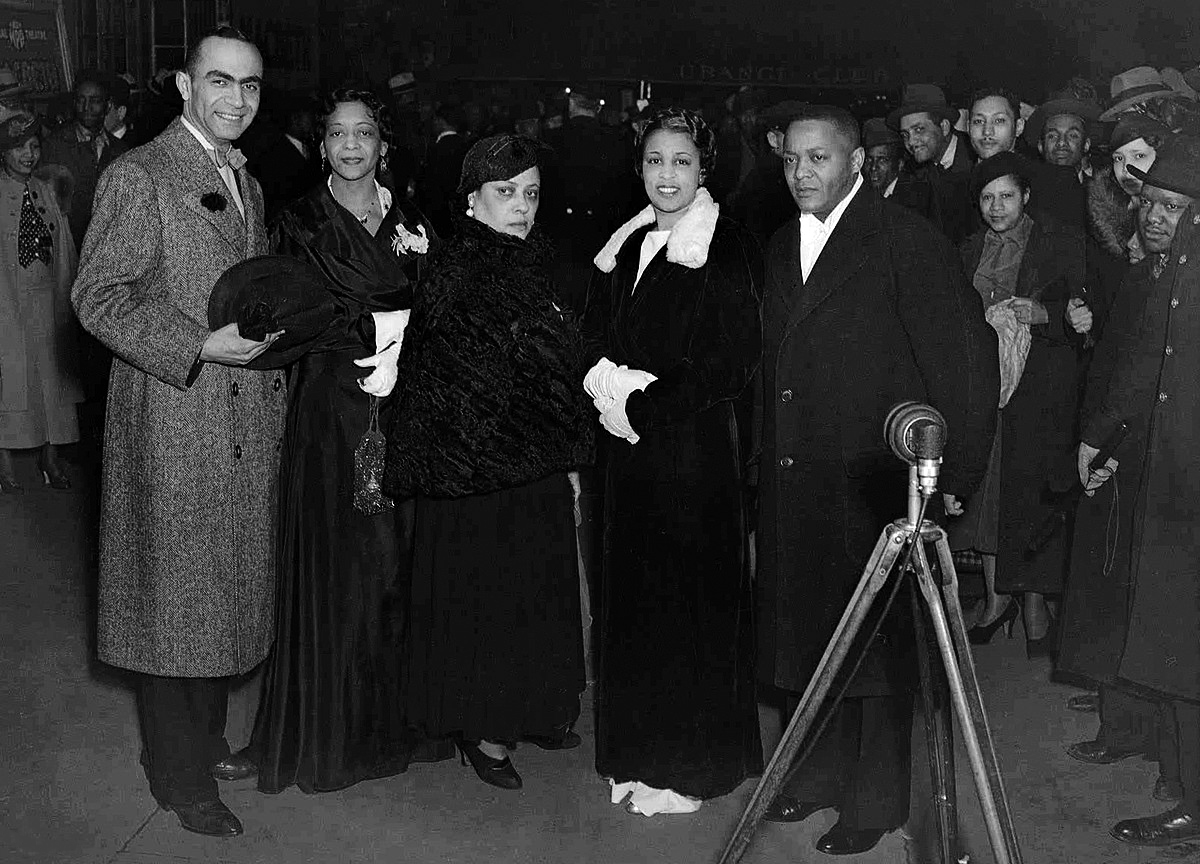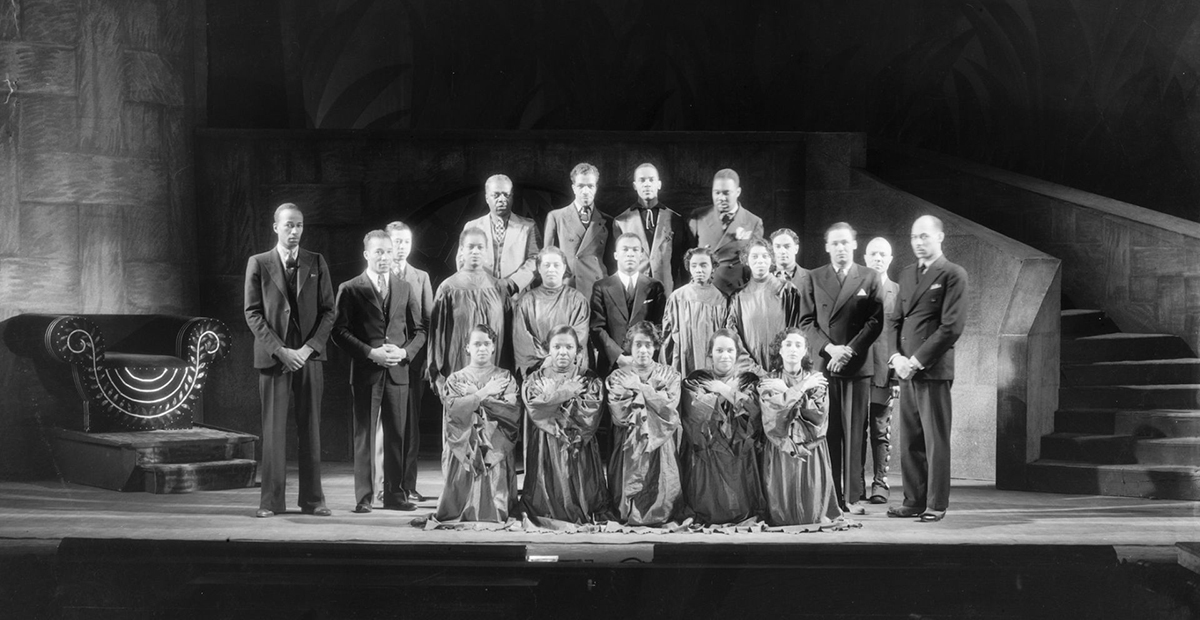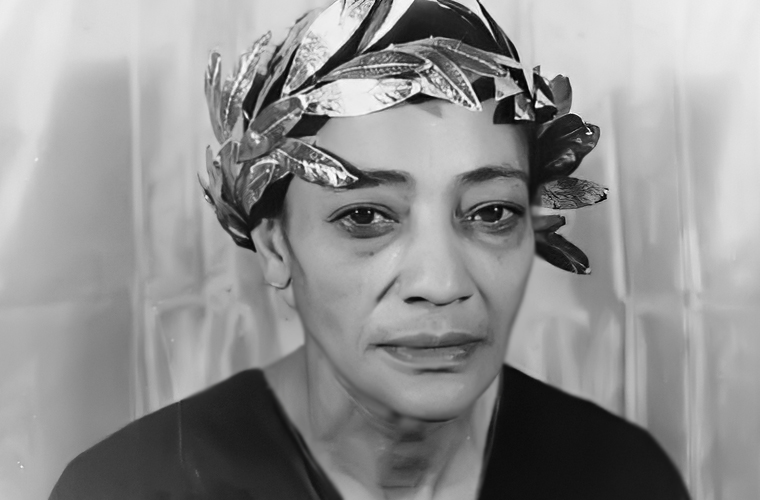Rose McClendon (1884-1936) was a pioneering African-American stage actress known for her powerful performances and contributions to the theater community. She was a prominent figure in the Harlem Renaissance, a cultural and artistic movement that celebrated African-American art and literature. Born on August 27, 1884, in South Carolina, Rose McClendon showed an early interest in acting and pursued her passion for theater. She began her career in the early 1900s, performing in various African-American theater companies and gaining recognition for her talent and stage presence.

McClendon’s breakthrough came in 1915 when she joined the Lafayette Players, an all-black theater troupe in Harlem. She quickly established herself as one of the leading actresses of her time, known for her commanding performances and emotional depth. Her ability to convey a wide range of emotions and portray complex characters earned her critical acclaim and a devoted following. One of McClendon’s most notable performances was in the play “The Emperor Jones” by Eugene O’Neill, where she played the role of Queenie, the wife of the title character. Her portrayal was praised for its intensity and authenticity, and she became closely associated with the role throughout her career.
McClendon also appeared in several other notable productions, including “Porgy” and “Mamba’s Daughters,” both of which were groundbreaking plays that depicted African-American life and experiences. She often collaborated with other prominent figures of the Harlem Renaissance, such as Langston Hughes and Zora Neale Hurston. In addition to her success on stage, McClendon was actively involved in promoting opportunities for African-American actors and artists. She advocated for fair representation and equal opportunities in the theater industry, which was often marked by racial discrimination.

Tragically, Rose McClendon’s life and career were cut short when she passed away at the age of 51 on July 17, 1936. However, her legacy as a trailblazing African-American actress and her contributions to the theater community continues to inspire and pave the way for future generations of performers.
McClendon’s impact on the Harlem Renaissance and her dedication to breaking down racial barriers in the arts make her an important figure in African-American cultural history. Her talent, resilience, and commitment to her craft continue to be celebrated and remembered today.

